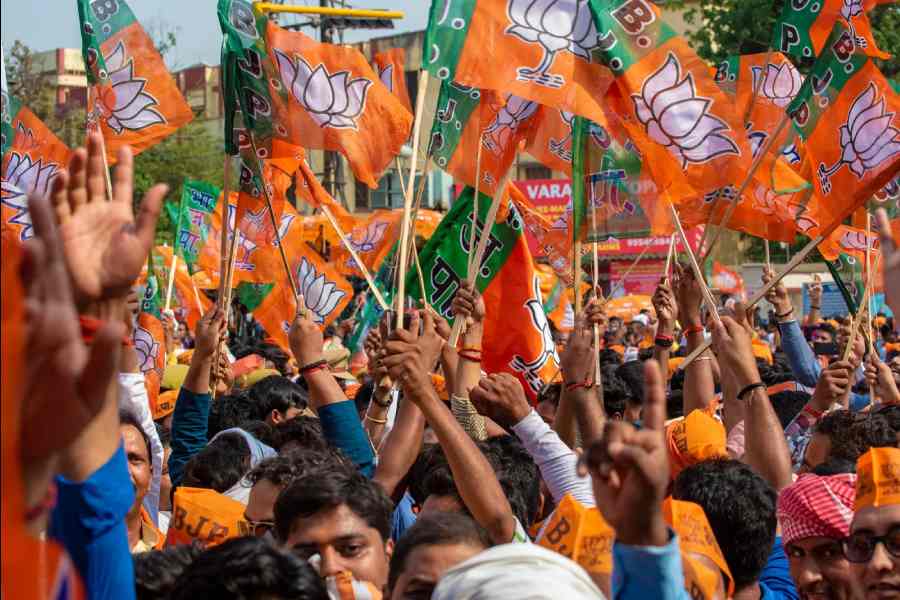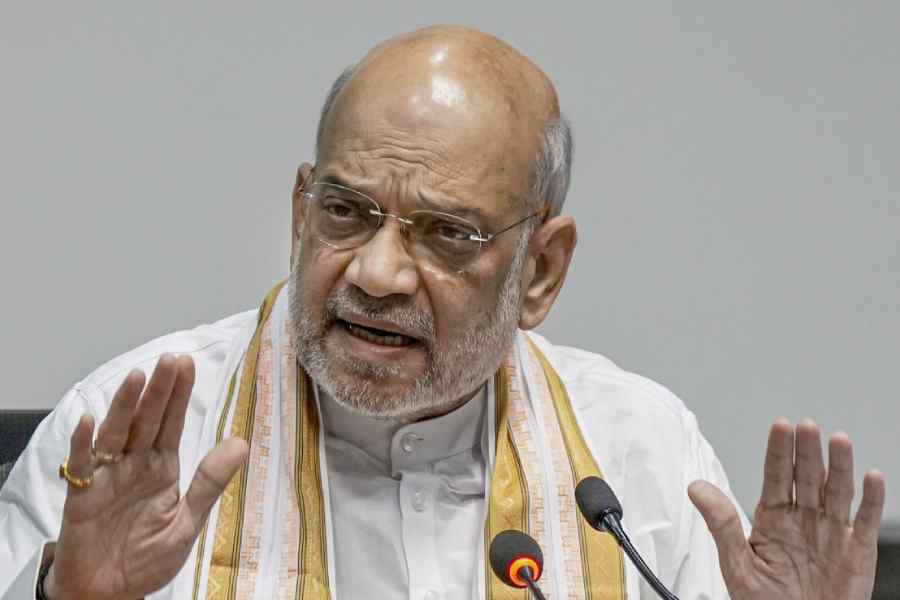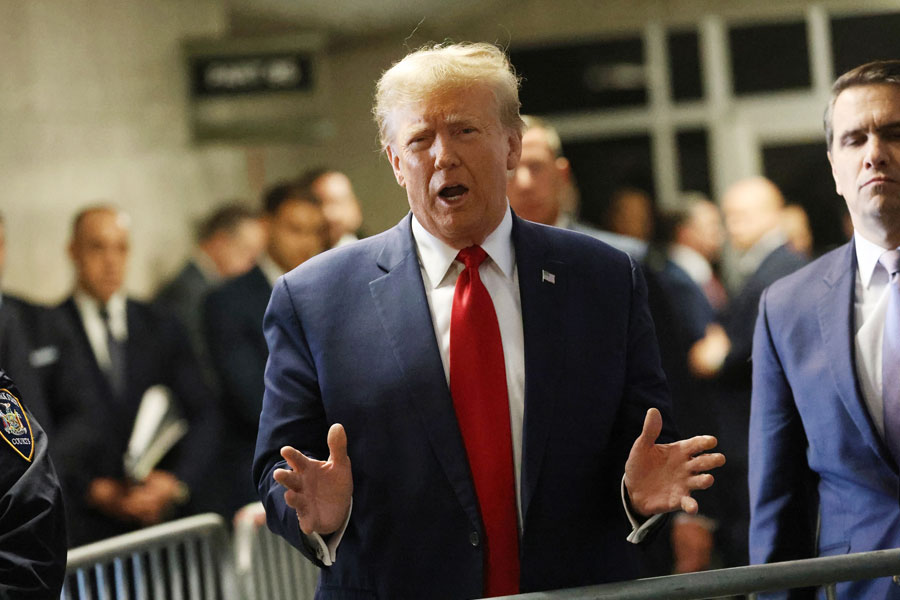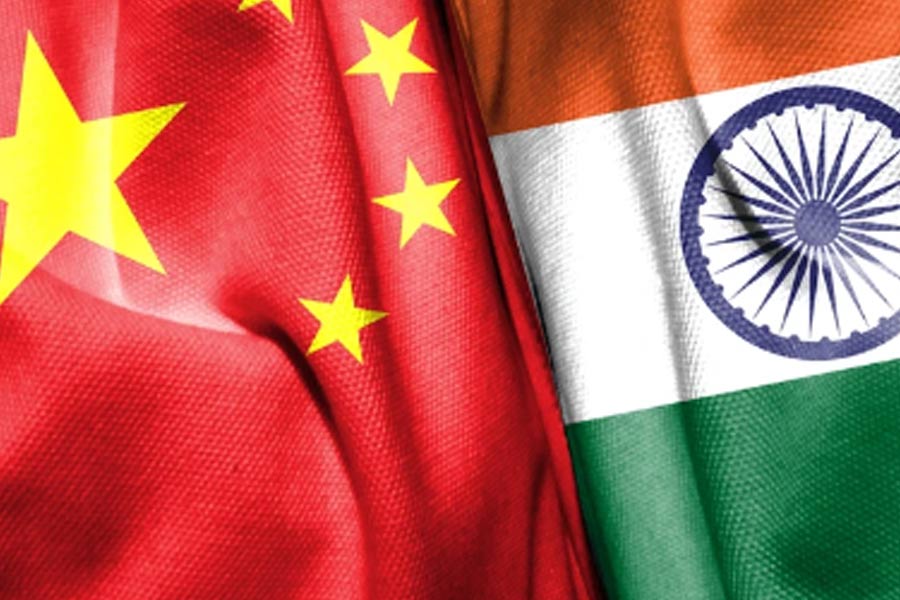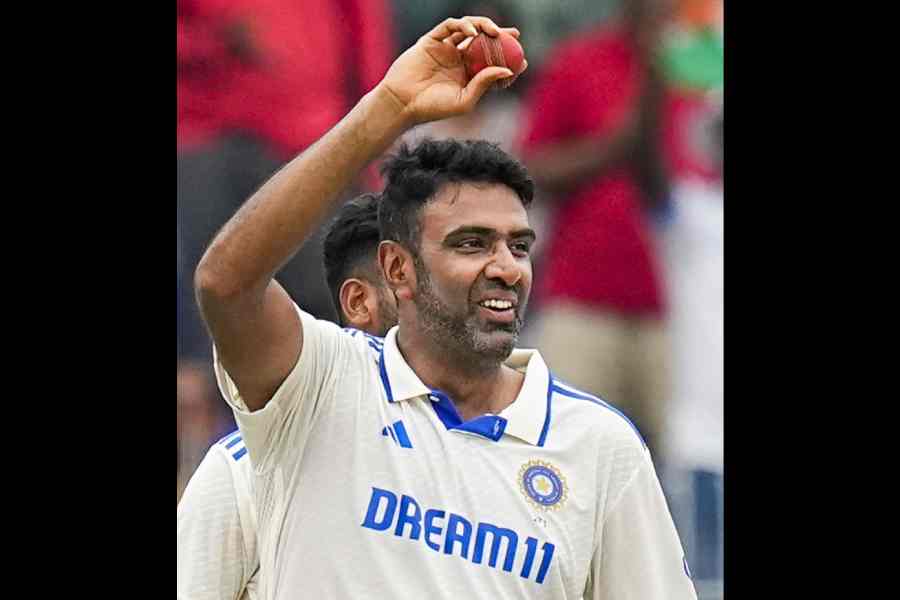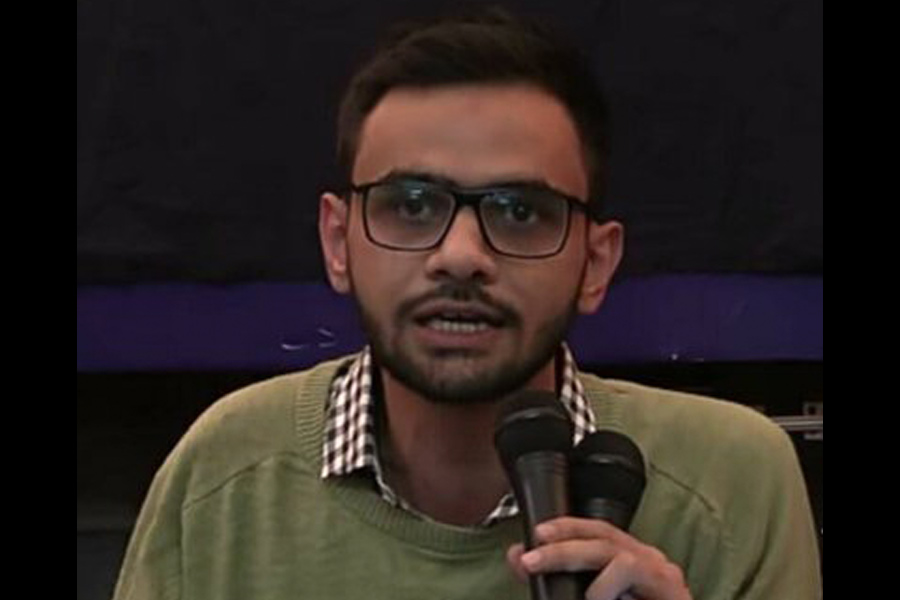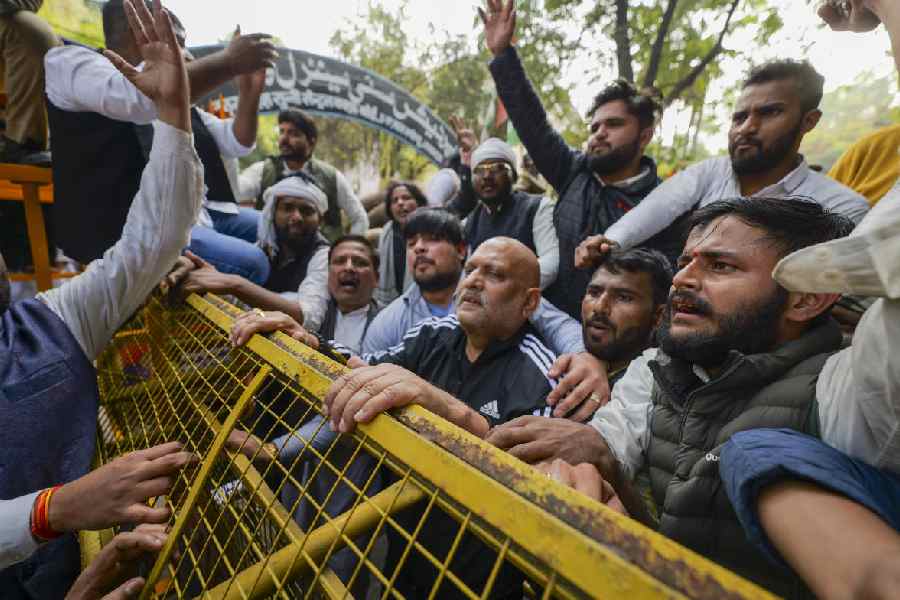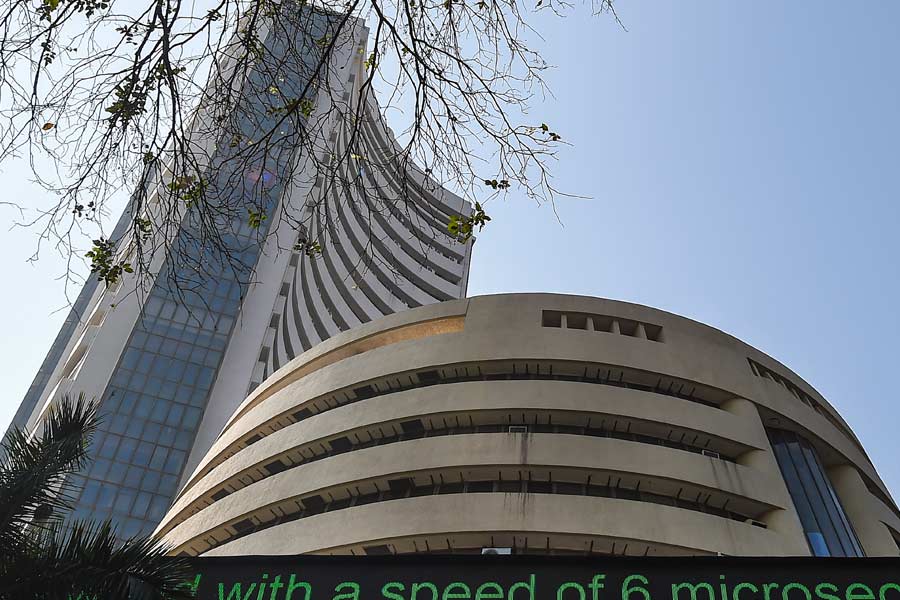The BJP-led NDA has a slender majority in Rajya Sabha with the support of six nominated members, which would help the party get the nod for key legislations such as the Waqf (Amendment) Bill.
After the recent by-elections, the Upper House has an effective strength of 234, with the BJP having 96 members of its own. The number of NDA MPs is 113. Six nominated members, who usually cast their vote with the government, take the strength of the NDA to 119, two more than the current halfway mark of 117.
The Congress has 27 members in the Upper House and its allies add another 58, taking the opposition alliance numbers to 85.
Among the key fence-sitters are the YSR Congress Party with nine members and the BJD with seven members.
There are four AIADMK members, three Independents and other MPs from smaller parties who are not aligned to either of the two major groups.
Four seats from Jammu and Kashmir in the Upper House are vacant as the Union Territory is yet to get its first legislative assembly. This reduces the effective strength of the Rajya Sabha to 241.
There are 11 vacancies in total: Jammu and Kashmir (4), Andhra Pradesh (4), Nominated (4), Odisha (1).
Two members of the YSRCP and one member of the BJD have quit as Rajya Sabha MPs recently.
The BJD member -- Sujeet Kumar -- has since joined the BJP, which is expected to win the bypoll to the seat as it has the numbers in the Odisha assembly.
The two YSRCP members -- M Venkataramana Rao and B Masthan Rao -- quit their membership of the upper house last month. They are expected to join the TDP, a BJP ally that is the ruling party in Andhra Pradesh.
The BJP's allies in the Upper House include the Janata Dal (United), Nationalist Congress Party, Janata Dal (Secular), Republican Party of India (Athawale), Shiv Sena, Rashtriya Lok Dal, National People's Party, PMK, Taamil Manila Congress and the United People's Party Liberal (UPPL).
Except for the headline, this story has not been edited by The Telegraph Online staff and has been published from a syndicated feed.

